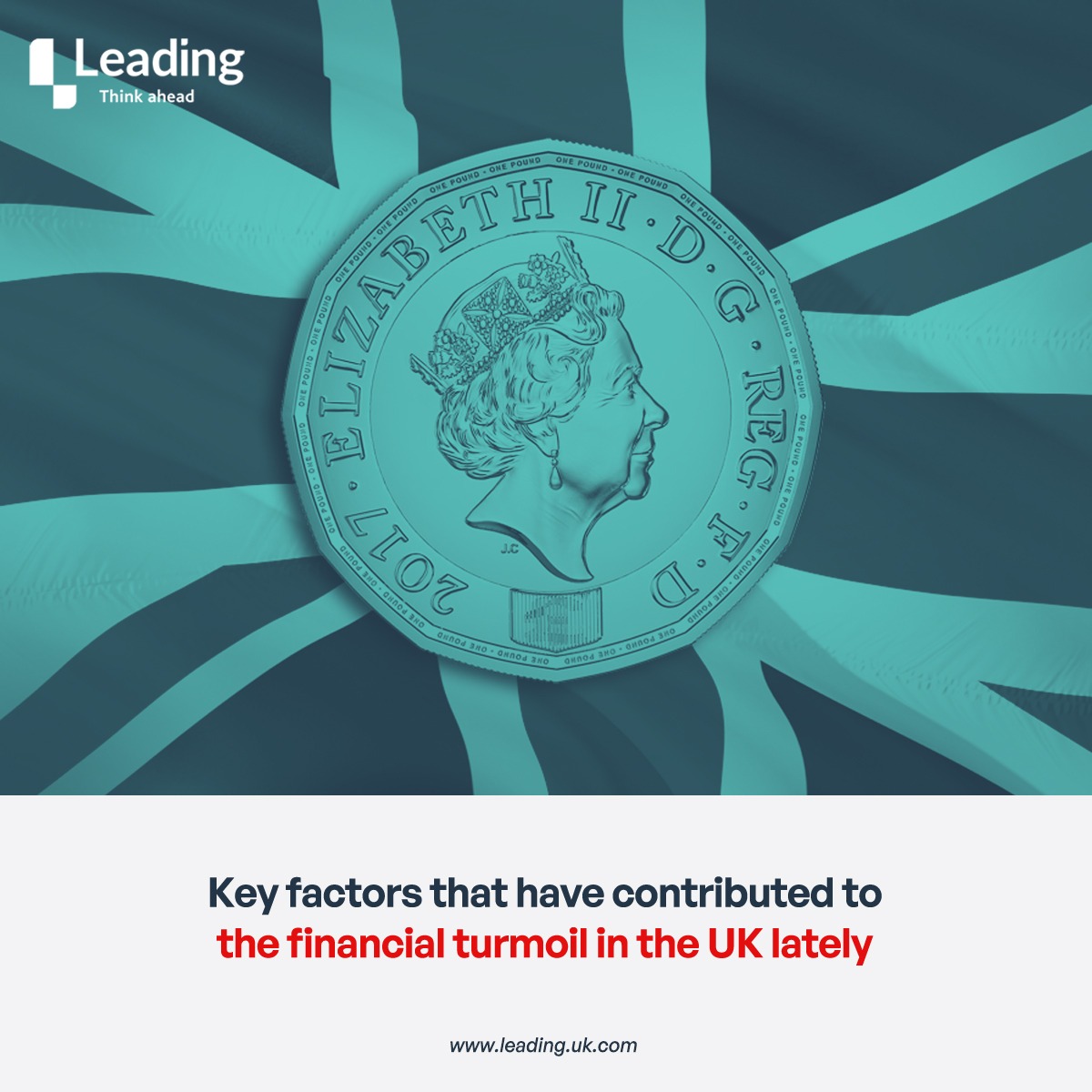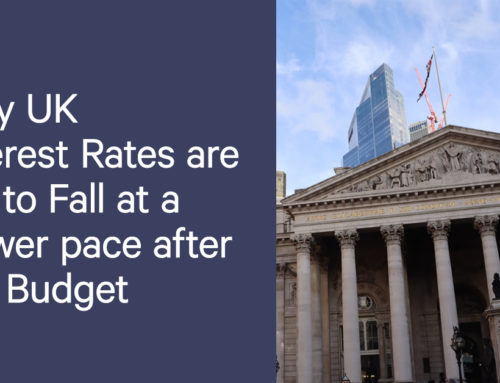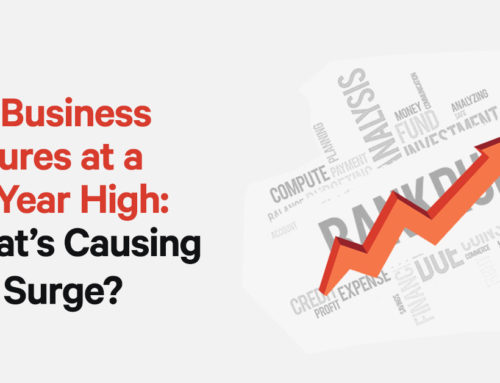The UK is an interesting place at the moment. Energy prices are rising, the cost of living is growing increasingly more expensive, and public sectors are sporadically going on strike, making organising plans a hassle and causing concern over health risks. These strikes have been met with a refusal from the government to improve the pay that they already offer to workers in the public sector, which has led to the clashing of heads between government officials and union leaders.
It started with rail workers but has now been joined by ambulance crews, nurses, postal staff, and border officials. Offers for pay rises have been put forward, which the prime minister believes are “reasonable and fair,” but they are not enough according to union heads.
A treasury spokesperson commented on the issue, shining a light on the root of the problem and where the government is currently focusing their attention. “It is high inflation that is eating away at people’s wages, and that is why the government must take the tough decisions needed to support the Bank [of England’s] mission,” they said. They have also confirmed that long-term economic growth would be stunted if the government was to increase pay any more and deviate from the plan they already have in place.
The Difference in Pay Between the Private and Public Sector
The average earnings in the private sector have risen by 6.9% in the past year. Compare this to the public sector, and there is a clear disparity as the average earnings have, during the same period, only increased by 2.7%. This is one of the widest margins between the two since records began.
The government argues against this, saying that the pay rewards that have been received throughout the public sector in the past year are the highest since records began. That being said, the treasury has warned that according to the current spending plan, these awards are too high, which means they are unlikely to continue on this trajectory.
The pay awards referenced also do not match up with the current rate of inflation. Studies show that last year, workers within the public sector earned 3% less than their peers in the private sector. All pay awards and bonuses were taken into consideration when working this out.
Pensions Compared to Take-Home Pay
One of the incentives that have always drawn many people towards the public sector is that the pension scheme involved has always been good. Whilst this is still the case, when compared to the private sector, the amount of take-home pay is lagging incredibly. As interest rates and inflation rise and the cost of living continues to increase, people in these roles struggle to get by. More and more workers are moving over to the private sector because here employers are a lot more willing to raise wages as a means to combat labour shortages and make it so that staff are in a better position to cope with the pressures involved in the cost of living.
Can The Government Increase Public Sector Pay
Jeremy Hunt has said that if the government were to increase public sector pay in line with inflation, this would end up costing UK taxpayers around £28 billion (roughly £1000 per household). This estimate given by the government has been put together, assuming an 11% pay rise in 2023 / 2024.
Economists say that this increase in tax is misleading, as Unions are disputing this year’s pay deal, not next year’s. When it comes to this year’s pay deal, the government has already made room to factor 4-5% into its spending plans.
It has been calculated that if the government were going to deliver the required pay increase this year, then the cost would be around £10billion, not £28 billion. That being said, any of these increases would be unaffordable on current spending plans, given there isn’t much wiggle room for the government, so taxes would have to go up.
Would High Pay for Public Sectors Increase Inflation?
In theory, if there are large pay deals agreed then this could go on to fuel inflation. If the government were to offer large pay rises to public sectors, then they would have to offset this increase with higher taxes for the rest of the population. This is because more money would be getting injected into the economy and this would lead to larger inflationary pressure.
That being said, public sector wages are lagging incredibly far behind the private sector, to the point that there is little risk of the government setting any precedent for pay rises that would lead to inflation. Tony Yates has commented on this. The former Bank of England official confirmed that if a pay rise for the public sector led to inflation, the central bank would have the ability to offset inflation by raising interest rates. He also said that the government could fund a pay increase with higher taxes and this wouldn’t have an effect on inflation.
Stunting Long-Term Economic Growth
The objections put forward by the government refuse to acknowledge that a pay rise across the public sector would lead to wider benefits for the economy. There is evidence available saying that thanks to staff shortages in the NHS, triggered by more employees moving to the private sector, means that waiting lists are increasing in length. Public sectors are also struggling to help children who fell behind in their learning thanks to the coronavirus.
One of the main questions that governments need to ask themselves is how much they will need to pay in order to recruit and retain the correct employees who will carry out these roles. When weighed up against the cost of the public sector pay increase, the difference may not be too drastic.
If you need help with finances or want to stay up to date on economic news, then be sure to keep up with blogs such as Leading UK. We provide plenty of financial information to individuals and businesses, so if you have any questions or require further information, then do not hesitate to get in touch.






